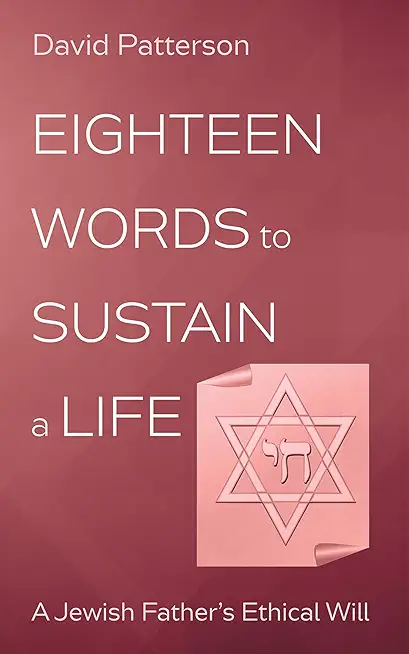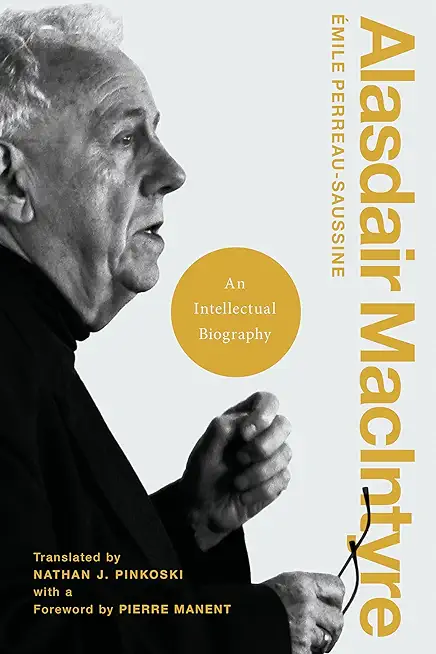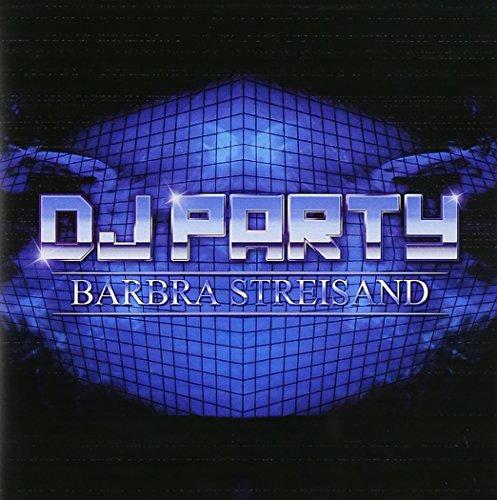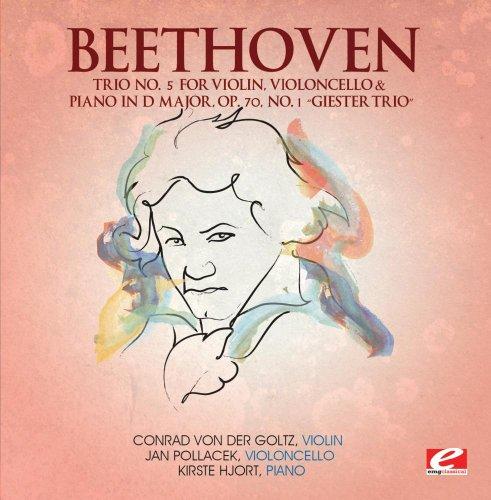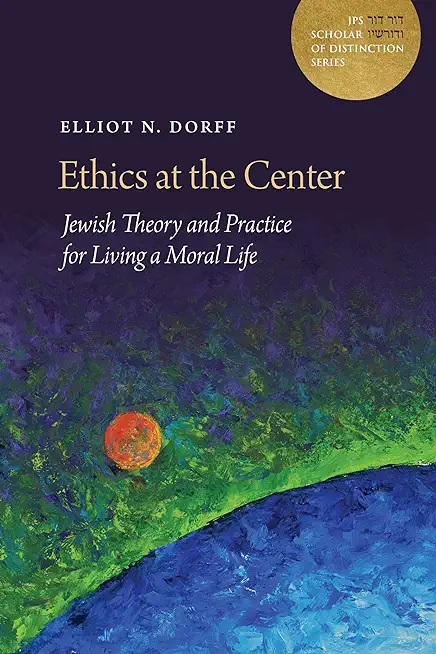
Dorff, Elliot N.
product information
description
e best of Rabbi Elliot N. Dorff's pioneering thinking in Jewish ethics over nearly five decades. Dorff shows that our response to moral issues depends ultimately on our conceptions of the nature of human beings and God; how Jewish law, theology, prayer, history, and community should also define and motivate Jewish responses to moral issues; and how the honorable and divergent stances of Western philosophy and other religions about moral living shed light on Judaism's distinctive standpoints. From there Dorff applies Judaism's ethics to real life: abortion post-Roe v. Wade, sexual orientation and human dignity, avoiding harm in communication, playing violent or defamatory video games, modern war ethics, handling donations of ill-gotten gain after the fact. In conclusion he explores how Jewish family and community, holidays and rituals, theology, study, and law have moral import as well. Dorff's personal introduction to each chapter reflects on why and when he wrote its contents, its continuing relevance, and if--and if so, how--he would now change what he wrote earlier. Readers will experience not only his evolving ethical thought but many facets of the person and the Jew that Dorff is today.
member goods
No member items were found under this heading.
listens & views

AYOBANESS: SOUND OF SOUTH AFRICAN ...
by AYOBANESS: SOUND OF SOUTH AFRICAN HOUSE / VARIOUS
COMPACT DISCout of stock
$15.99

ARANGSATTOJEON PART 2 / O.S.T. ...
by ARANGSATTOJEON PART 2 / O.S.T.
COMPACT DISCout of stock
$12.99
Return Policy
All sales are final
Shipping
No special shipping considerations available.
Shipping fees determined at checkout.
